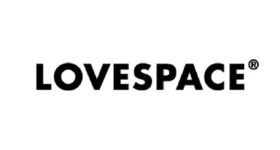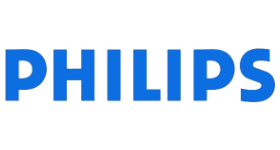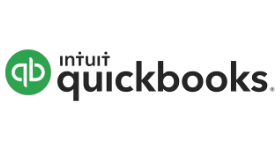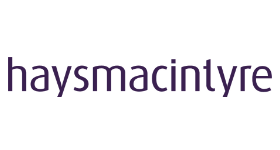The Science
Helping people to avoid and treat burnout is our passion. Of course, it requires empathy and understanding, but what makes Softer Success unique is our evidence-based and scientific approach.
We lead in science
We have worked with and continue to collaborate with the world’s leading universities, psychologists and researchers to understand the causes of burnout in a hybrid work environment.

In July 2022 we released ‘Determining Burnout in Founders, CEO’s & Entrepreneurs’ a scientific research collaboration between King’s College London & Softer Success.
Get the report
In October 2022 we released ‘Eco Anxiety in the Workplace: Understanding the Link to Burnout and Action’, a research collaboration with Imperial College London, Softer Success® and Affinity Health at Work
Get the report
In May 2022 we have released ‘Links Between Burnout & Moral Injury’ a scientific research collaboration between the University of Sheffield, Affinity Health at Work & Softer Success.
Get the report
Our advisory team of six international experts, including Michael Leiter Professor of Organisational Psychology at Acadia University, Canada, are considered to be leading global work psychologists and burnout experts.
Meet the team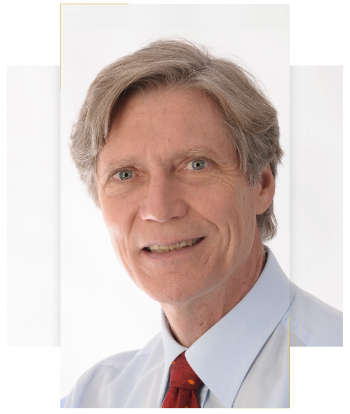
“Burnout is the reflection of an uneasy relationship between a person and their jobs. The fault does not lie solely on one side as with other related problems. Therefore, the solution isn’t one-sided either. Both the individual at risk of burnout and the workplace have a role to reverse burnout. The aim is to repair the relationship between a person and their job to bring them back into sync.“
Professor Michael Leiter
Senior Advisor, Softer Success
Professor of work psychology at Acadia University, Canada and Advisor for Softer Success
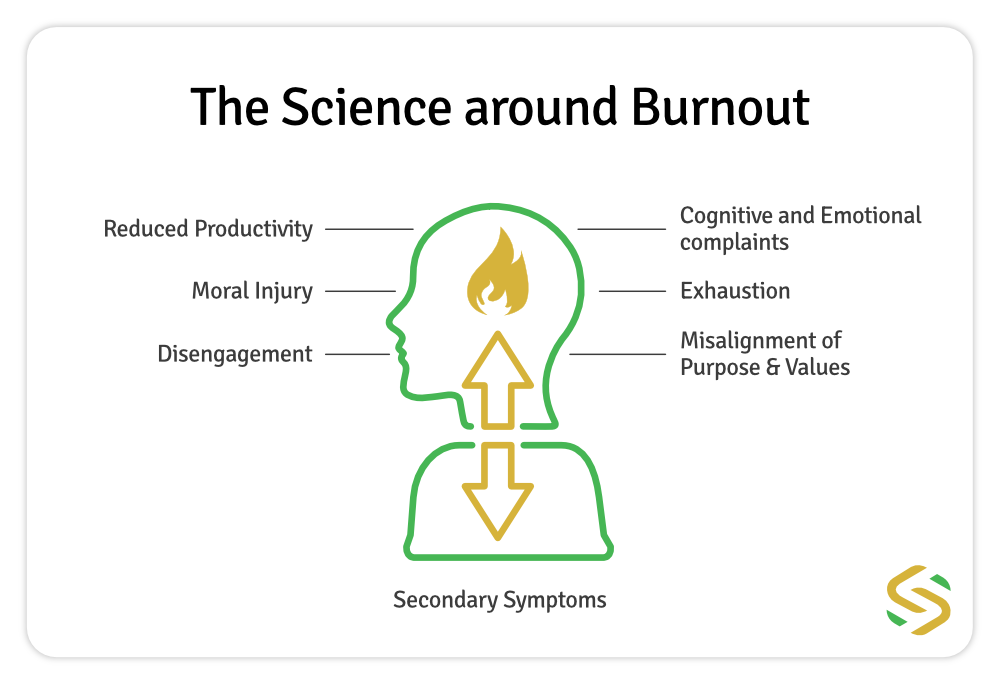
Why is burnout prevention so crucial to your company?
What is the true the meaning of burnout in an uncertain and hybrid working world? The fact is burnout refers specifically to chronic workplace stress that has not been successfully managed. But we now know through research it is more than that. This is why we have specifically developed a wellbeing assessment and solutions, using science to help employees avoid and recover from burnout at work.
Read more
While it can be a good way to start, simply asking your employees if they feel burned out is not enough; as people have varied ideas about what burnout is. It is important to assess burnout with a scientifically backed method that is based on sound academic research and psychometric testing. This gives an overall risk result score broken down in 6 pillars providing immediate resources to your employees while educating your employees about burnout at the same time.
While it can be a good way to start, simply asking your employees if they feel burned out is not enough; as people have varied ideas about what burnout is. It is important to assess burnout with a scientifically backed method that is based on sound academic research and psychometric testing. This gives an overall risk result score broken down in 6 pillars providing immediate resources to your employees while educating your employees about burnout at the same time.
Softer Success® Wellbeing Assessment

Let’s explore what burnout really means
The World Health Organisation (WHO) identifies the symptoms of burnout as; energy depletion or exhaustion, increased mental distance from one’s job and reduced professional efficacy. Burnout is a complex landscape. It’s not just about exhaustion, disengagement and reduced productivity.
Read more
A different burnout is rapidly emerging as hybrid working patterns evolve and uncertainty continues. Burnout is also about misaligned purpose & values, moral stress and cognitive and emotional complaints.
This has manifested as a rejection of the way we work. The Great Resignation is a direct result of the Great Reflection. People have developed a new sense of awareness and worth for themselves and their world. This prompts them to demand more personal value and purpose from both life and work. Smart employers acknowledge this truth and respond with a more human and purpose-driven employment.
A different burnout is rapidly emerging as hybrid working patterns evolve and uncertainty continues. Burnout is also about misaligned purpose & values, moral stress and cognitive and emotional complaints.
This has manifested as a rejection of the way we work. The Great Resignation is a direct result of the Great Reflection. People have developed a new sense of awareness and worth for themselves and their world. This prompts them to demand more personal value and purpose from both life and work. Smart employers acknowledge this truth and respond with a more human and purpose-driven employment.
Productivity without wellbeing is unsustainable
Sustainable productivity is about maintaining a balance between the needs of the employees and those of the organisation. We know that employees are more productive when they are well-rested, feel valued, and confident. Therefore, sustainable productivity respects the needs of employees to get the best from them in the long term.
Read more
This involves regularly assessing employees as the stresses and strains of hybrid work life change. Our tools are designed to recognise symptoms of stress, identify those at risk and help find the causes of burnout.
This involves regularly assessing employees as the stresses and strains of hybrid work life change. Our tools are designed to recognise symptoms of stress, identify those at risk and help find the causes of burnout.
Softer Success® Wellbeing Assessment
Learn more about the Science
WHO ‘Burn-out an “occupational phenomenon”: International Classification of Diseases’
BBC ‘ Why we may be measuring burnout all wrong’
Gartner ‘Employees Seek Personal Value and Purpose at Work. Be Prepared to Deliver’
Headspring Executive ‘The Purpose is the New Digital: The Business Case of Purpose’
Research and tips by Dr Amit Sood on How to become more resilient against burnout
Young People’s Voices on Climate Anxiety, Government Betrayal and Moral Injury: A Global Phenomenon



